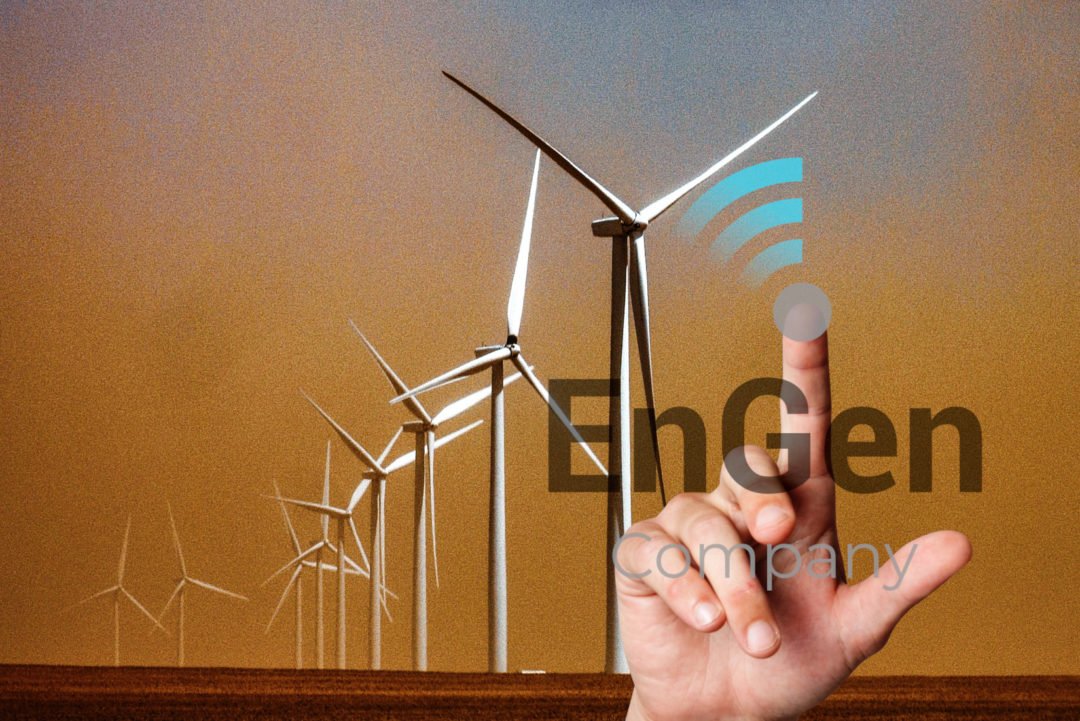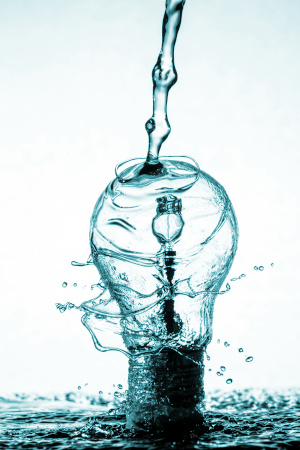SLO: Norway’s $1.3 trillion sovereign wealth fund has made its first direct investment in a renewable energy project, a new asset class for the world’s largest state-owned investor, it said on Wednesday.
The fund bought a 50 percent stake in the Borssele 1 and 2 offshore wind farm off the Netherlands for €1.375 billion ($1.63 billion) from Denmark’s Orsted, which will continue to co-own and run the facility.
Such direct investments are new for the fund, which until last year, was only allowed by parliament to invest in stocks, bonds and property.
FASTFACTS
The Borssele is the world’s second-largest offshore wind farm in operation.
It has an installed capacity of 752 megawatts, which can produce the equivalent of a year’s annual electricity consumption for around 1 million Dutch households.
The Borssele is the world’s second-largest offshore wind farm in operation, with an installed capacity of 752 megawatts, which can produce the equivalent of a year’s annual electricity consumption for around 1 million Dutch households.
The agreement was signed on Wednesday, with completion expected in the second or third quarter of 2021.
The transaction will boost Orsted’s 2021 profit before interest, tax, depreciation and amortization (EBITDA) by an estimated 5 billion Danish crowns ($799.5 million), Orsted said.
Danske Bank said in a research note the deal will increase Orsted’s financial resilience. “We also think that the implied valuation on Borssele 1&2 seems attractive compared to market expectations,” it said.
Overall the Norwegian wealth fund is looking to invest some 100 billion Norwegian crowns ($12 billion) between 2020 and 2022 in unlisted renewable projects such as wind parks and solar farms, looking at North America and Europe only, as mandated by parliament.
“We want to focus on large transactions so we don’t spend so much time on the smaller ones,” Boerge Sivertsen, the fund’s head of renewable infrastructure, told Reuters. “We don’t want to have too many assets.”



